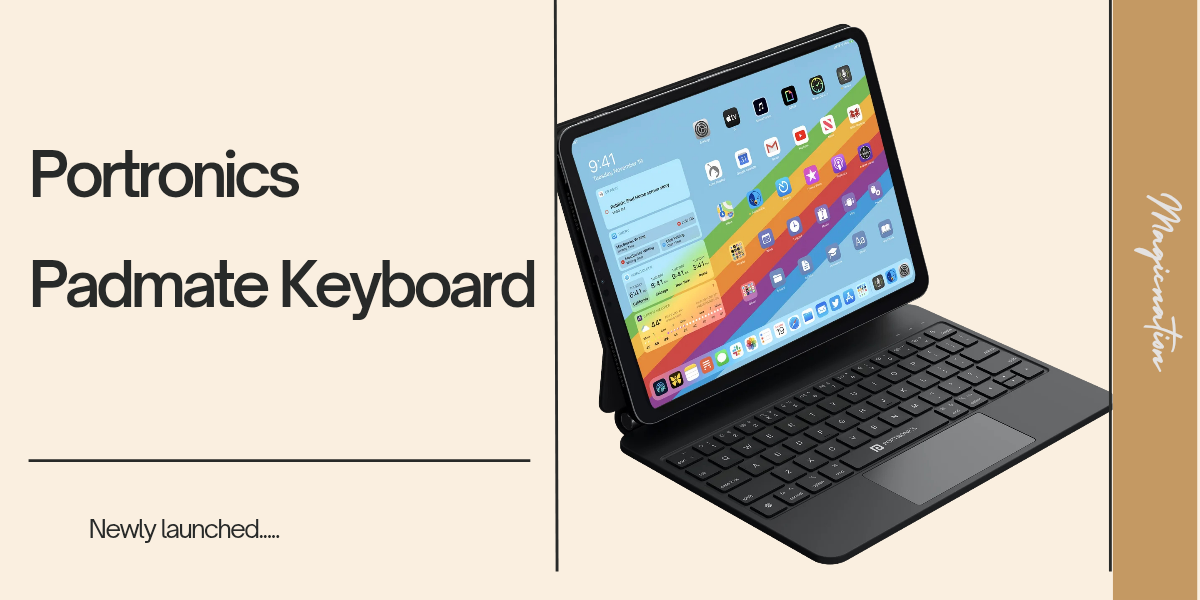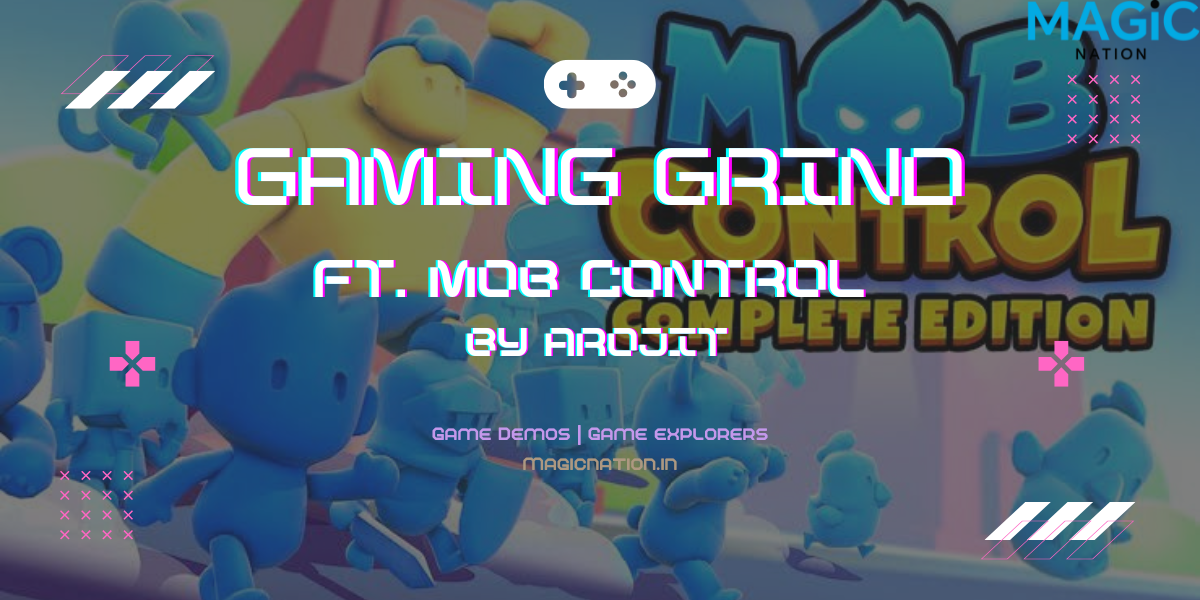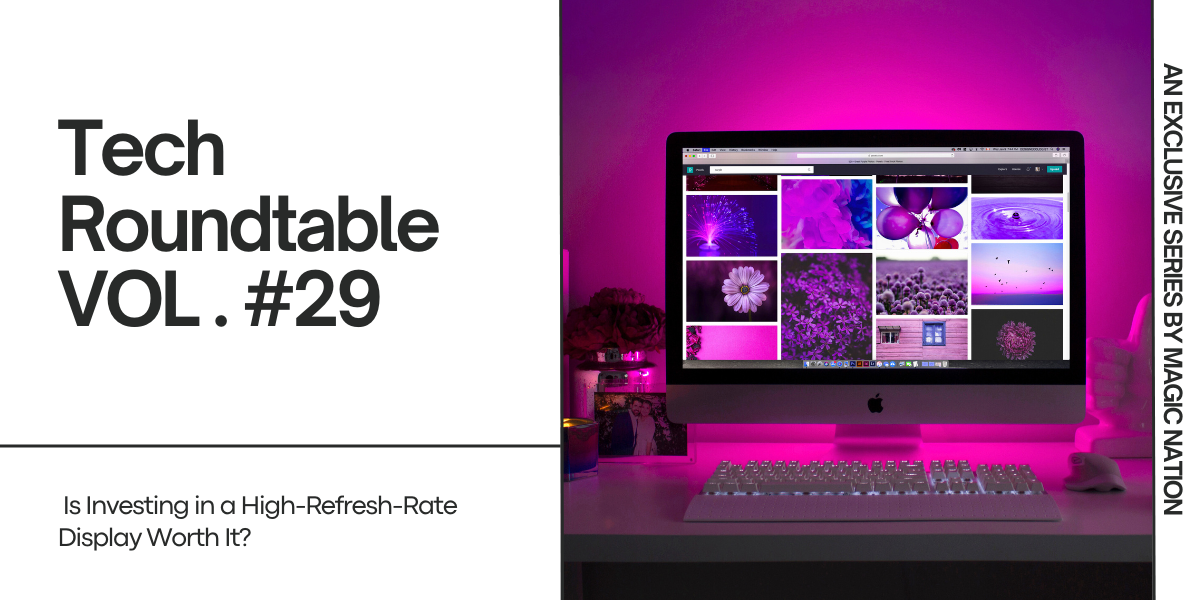 Hey Explorers, What's up?
Hey Explorers, What's up?Meta recently unveiled its cutting-edge AI model, "Movie Gen," designed to generate photorealistic videos up to 16 seconds long, complete with soundtracks and sound effects. This new tool is a major advancement in the AI space, competing with similar offerings like OpenAI's models. What sets Movie Gen apart is its ability to sync audio perfectly Meta Unveils Movie Gen AI: A New Frontier in Video Creation In the rapidly evolving landscape of AI-driven content creation, Meta has introduced *Movie Gen*, an advanced generative AI model designed to produce photorealistic videos with synced sound. This launch positions Meta as a strong contender in the competitive world of generative AI, rivaling giants like OpenAI and ElevenLabs.
What is Movie Gen?
Movie Gen allows users to generate short, high-quality video clips up to 16 seconds long, complete with up to 45 seconds of synchronized sound. Whether it’s background music or sound effects, the AI ensures that audio elements are flawlessly matched with on-screen motion. The model is multimodal, meaning it can generate video from simple text prompts or modify existing media to create new scenes. It stands out due to its impressive frame rate of 16 FPS, which approaches cinematic quality, providing users with a creative tool previously unimaginable for non-professional creators. Also Meta's Movie Gen AI model lets users edit videos using text prompts.
A Rival to OpenAI?

Meta’s goal with Movie Gen is clear: to outpace competitors like OpenAI’s Sora and other AI-powered video generation models. In fact, Meta's internal testing revealed that users often preferred its AI-generated results over those from other systems. While OpenAI’s Sora offers advanced capabilities, Meta is confident that the realism and precision of Movie Gen’s output, particularly its integrated audio, gives it a unique edge.
Real-World Applications and Challenges
Although Movie Gen is not yet available for public use, its potential applications are vast. From media production to advertising and even personal projects, this AI model could revolutionize how we create and consume video content. However, Meta is cautious about ethical concerns, stating that they will include safety mechanisms to prevent misuse and ensure that generated content adheres to community guidelines.
Final Thoughts
While still in its research phase, Meta’s Movie Gen promises to push the boundaries of AI-generated video and sound, making high-quality media accessible to a broader audience. As Meta continues to refine and test this model, we can expect it to play a significant role in shaping the future of content creation, challenging the dominance of competitors like OpenAI.
So what do you guys think about Meta's Movie Gen Ai? Let me know in the comment section!


















